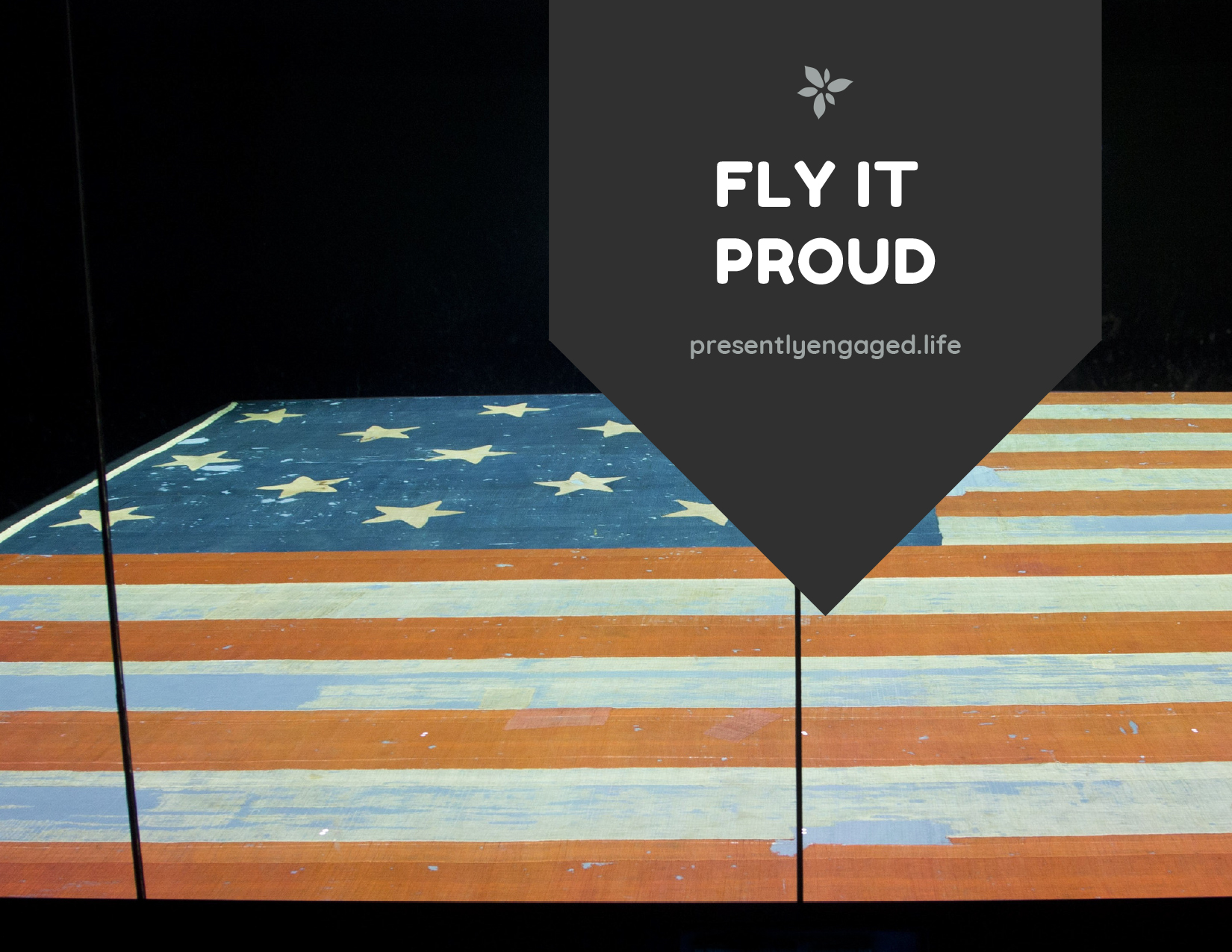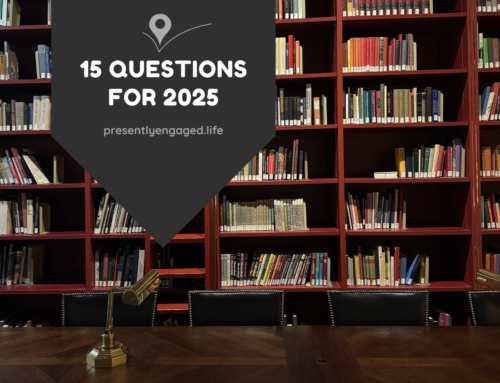AP Photo/Pablo Martinez Monsivais
This weekend, I listened to my husband recount the story of Fort McHenry to our children, and I was reminded that the story we all learned in fourth grade is worth revisiting.
The United States declared war on its old colonial authority on June 17, 1812. Tired of British impressment of American sailors, blockades of American ships, and attacks by Native Americans assumed to be instigated by the British in Canada, America voted in favor of war with Great Britain. Frustrated with America’s trading with their enemy France and Napoleon, American privateering, and potential expansion into British-held Canada, Britain reciprocated with all-out war.
Two years later, Washington was in ruins. Fort Detroit surrendered, the White House burned, Fort Warburton abandoned and destroyed, Alexandria plundered. There had been successes like the USS Constitution defeating the HMS Guerriere and Java, the battle of York, and treaties with several notable Native American tribes, but victories seem few and far between.
Now Baltimore fell under attack. Threatened by both land and sea, Baltimore depended on the star-shaped Fort McHenry as its defense.
We most often see this story from the vantage point of a ship on the Patapsco River some eight miles away. There, Francis Scott Key was held so he would not warn his countrymen of the impending attack on Fort McHenry.
Over the course of the 25-hour battle, an estimated 133 tons of shells fell on the sturdy brick walls, most from outside the reach of the fort’s guns. In addition to the fusillade of cannon fire, high winds and rain arrived to assault the fortress and its defenders even further. Night fell on a barrage well underway. Francis Scott Key watched the bombardment throughout the night in suspense, unsure what the morning light would reveal. Even Philadelphia could hear noise of the battle.
Throughout the night, dubious of which way the battle was going, Key waited on the Tonnant, flagship of the British fleet. The storm whipped attackers and defenders alike. Later, Key became famous for penning these words:
And the rocket’s red glare, the bombs bursting in air,
Gave proof through the night that our flag was still there.
In the darkest night and the biggest battles, it is often the explosions that reveal what flag we have flying. It is through the red glare of rockets and the flash of lightning that we see where loyalties lie. Victory or defeat is revealed as bombs burst in air.
All it takes is lowering the flag. All it takes is opening the gates. Surrender makes sense at many points throughout the night and in the storm. But knowing we serve a higher call and are defended by an unbeatable Source keeps our flag flying.
Fort McHenry stood, strong against their attackers and determined to repel the invaders.
History suggests that, some time during the night or early morning, Fort McHenry did actually lower their flag.
They lowered the 17- by 25-foot storm flag to raise an even bigger flag: the massive 30- by 42-foot piece that became loved as the Star Spangled Banner.
In preparation for the battle he knew was coming, Major George Armistead, the fort commander, had commissioned both flags to be made by Mary Pickersgill. He specifically asked for “a flag so large that the British will have no difficulty in seeing it from a distance.”
Barricaded and bombarded, raise an even bigger flag.
Go back to what you know is true. Remind yourself of God’s promises. Cling to His Word. Fight for His glory.
The sun rose on September 14th, 1814 to reveal that the garrison still stood, ready to defend itself. Mist cleared to reveal to Francis Scott Key, the crew in the Tonnant, and every other person gazing at the fort from the inside or the outside that the fort was still undefeated. No Union Flag flew over its walls. Fort McHenry and its defenders had weathered the night, withstood a monstrous barrage, and stood to wave its 42-foot banner with pride.
The defenders of Fort McHenry had no clue that upriver, such an interested person was watching. Major Armistead had no idea that the biggest battle of his life would be immortalized in his country’s national anthem.
You never know who you are blessing right now by your faithfulness and trust.
Repulsed from both land and sea, the British ships turned and sailed back down the river. The bombardment of Fort McHenry and its results pointed to the successful conclusion of the war between Great Britain and the fledgling America.
What is that which the breeze, o’er the towering steep,
As it fitfully blows, half conceals, half discloses?
Now it catches the gleam of the morning’s first beam,
In full glory reflected now shines in the stream,
’Tis the star-spangled banner – O long may it wave
O’er the land of the free and the home of the brave!
You are not alone. God is your defense. Fly your flag of allegiance. If you need to, run up an even bigger flag. Smile, knowing that the rockets’ red glare and bombs bursting in air serve only to illuminate your true loyalties and trust.
“I will keep the ground that God has given me and perhaps in his grace, he will ignite me again. But ignite me or not, in his grace, in his power, I will hold the ground. —John Knox






